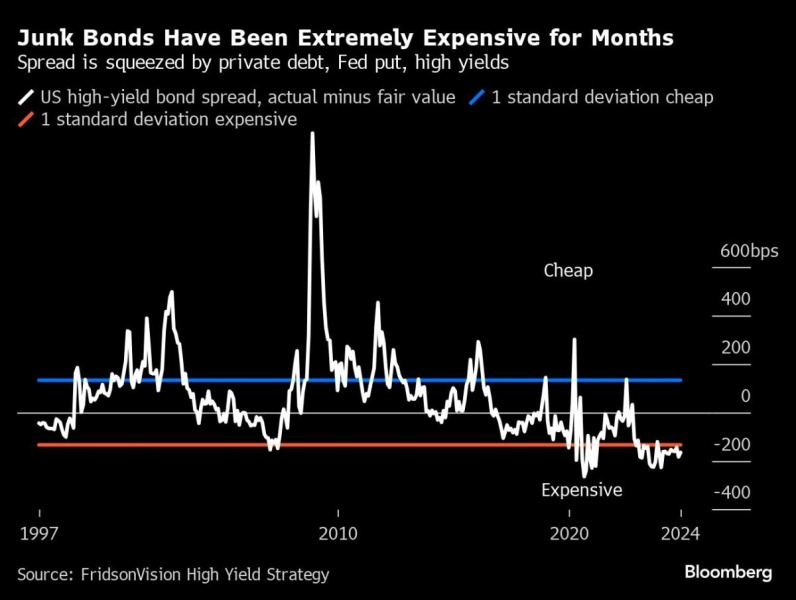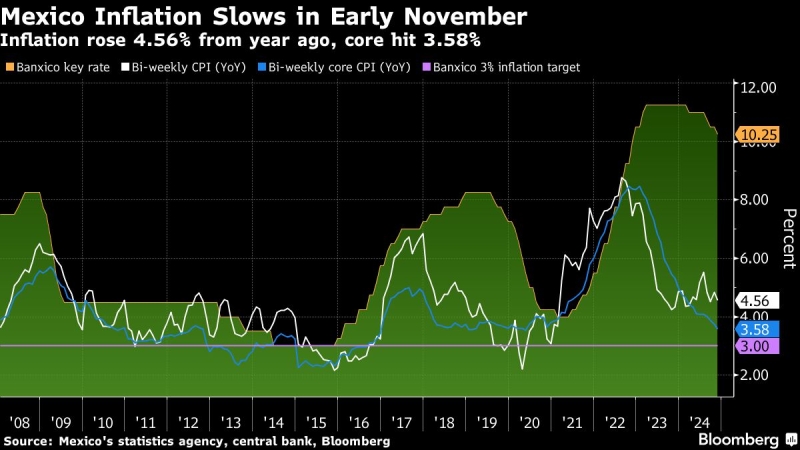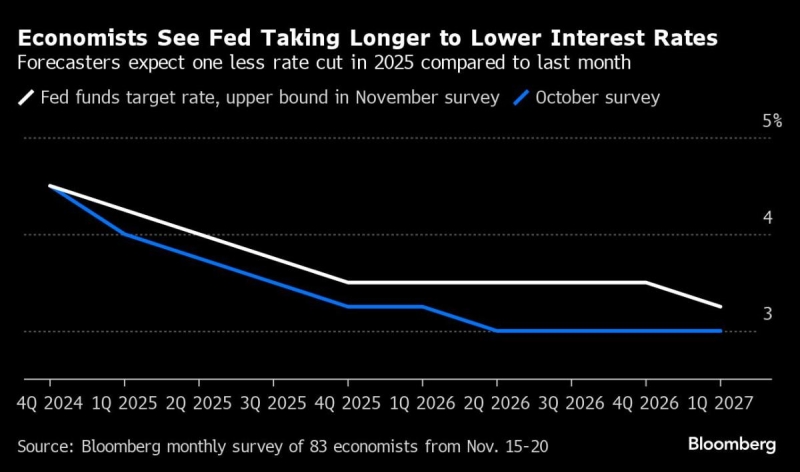
(Bloomberg) — Oil edged higher after slumping by more than 4% on Tuesday, as Israel said it was keeping options open in how to attack Iran — including targeting Iranian energy infrastructure.
Most Read from Bloomberg
Brent rebounded to above $74 a barrel, while West Texas Intermediate was near $71. Both benchmarks sank in the prior session after a report that Israel had agreed to avoid oil facilities in its planned response to Tehran’s recent missile strike.
On Tuesday, Israeli Prime Minister Benjamin Netanyahu asserted that the country was free to act as it chose in a counter-strike. Israel launched a fresh attack in southern Beirut on Wednesday, despite Lebanon saying that it received some form of guarantee from the US that Israel will ease its offensive.
Crude has had a roller-coaster ride this month, with prices buffeted by tensions in the Middle East, as well as China’s efforts to revive growth in the largest importer. Traders have also been weighing the market’s outlook into next year, with the International Energy Agency flagging prospects for a global glut.
“Prices still lack a bullish catalyst for now, as market participants fade the risks of disruptions in Middle East energy supplies, while China’s fiscal stimulus efforts seem to lack clarity,” said Jun Rong Yeap, market strategist at IG Asia.
While Brent’s prompt spread — the difference between its two nearest contracts — remains in a bullish, backwardated structure, the gap has narrowed. The differential was 38 cents a barrel, compared with 60 cents in mid-September, suggesting less-tight conditions.
Later Wednesday, traders will also monitor an industry report on US stockpiles for an insight into consumption in the biggest oil user before official data on Thursday. Last week, stockpiles swelled by 5.8 million barrels, their biggest increase since late April.
To get Bloomberg’s Energy Daily newsletter into your inbox, click here.
Most Read from Bloomberg Businessweek
©2024 Bloomberg L.P.





